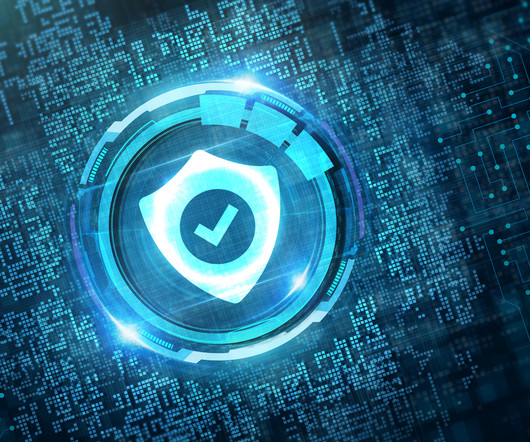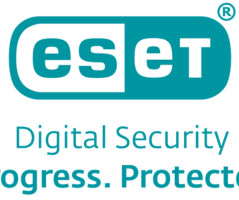On the 20th Safer Internet Day, what was security like back in 2004?
Malwarebytes
FEBRUARY 6, 2023
Today is the 20th Safer Internet Day. 2004 was a key year for several safety activities, encompassing both Safer Internet Day and the Safer Internet Forum. Was the general state of the Internet at the time so bad that all of these events sprang up almost out of necessity? You may be asking, why 2004?













Let's personalize your content